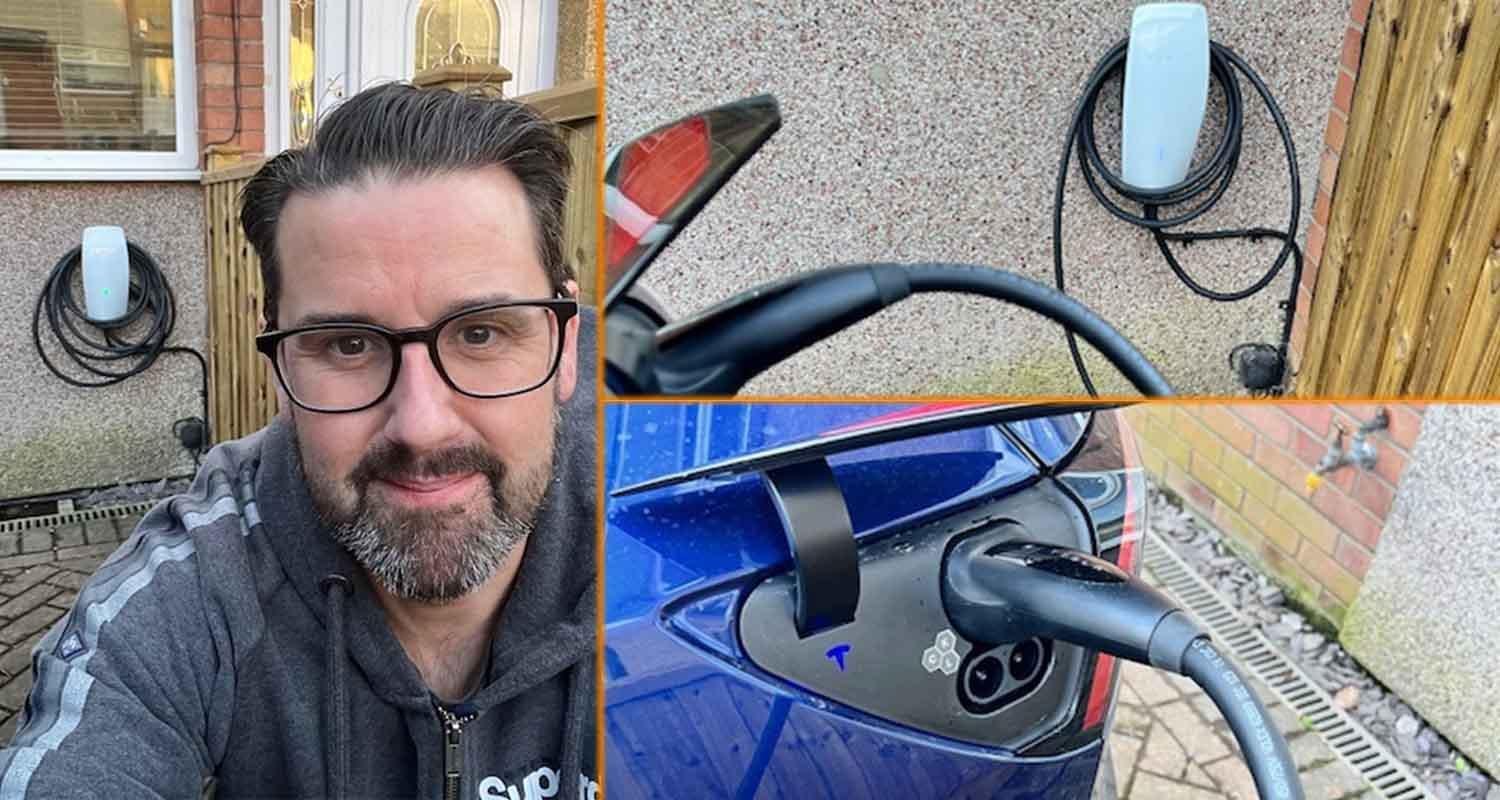What is the difference between electric, plug-in hybrid, and hybrid cars?
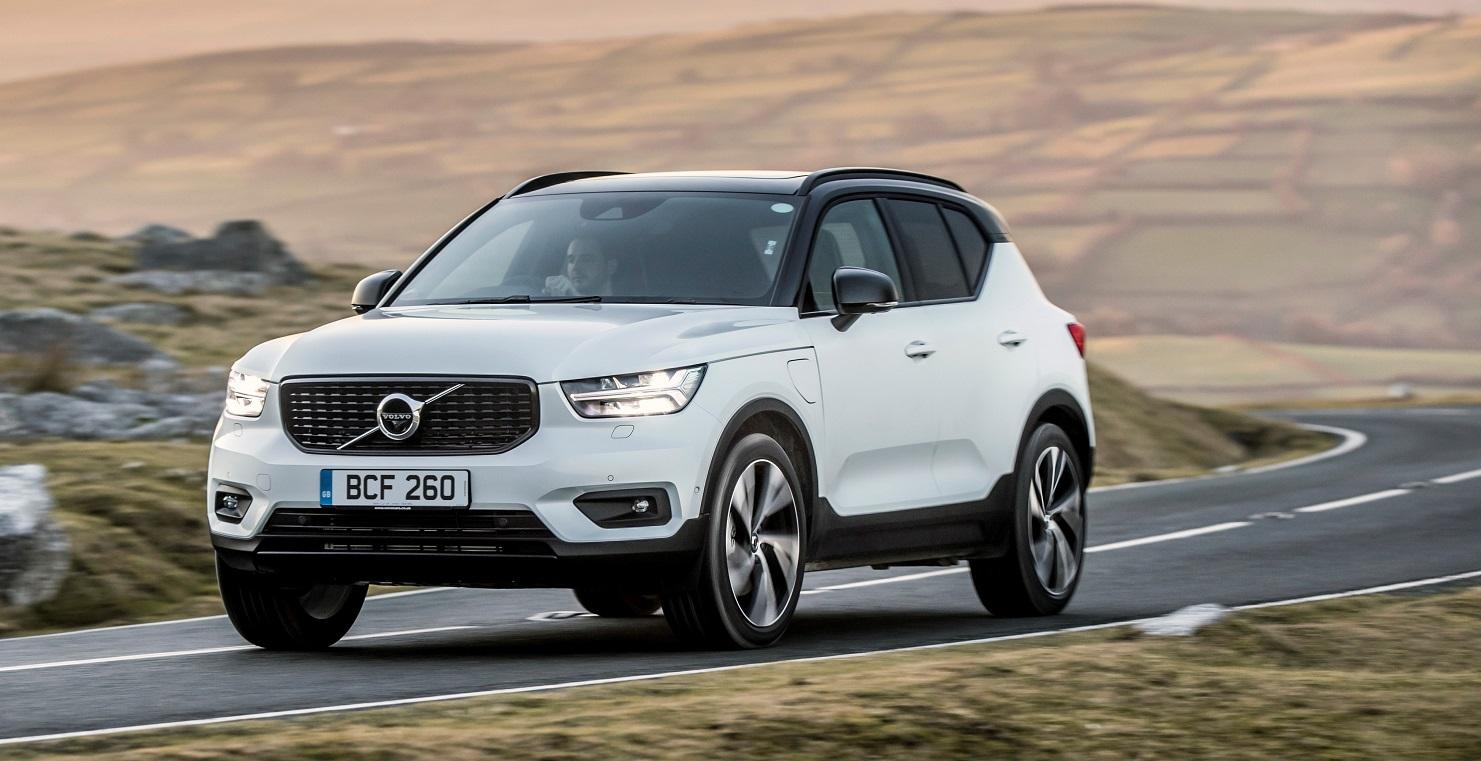
Full electric, plug-in hybrid, mild hybrid, self-charging hybrid – what does it all mean? We will remove the clouds of confusion when it comes to electric vehicle terminology in this guide to electric, plug-in hybrid and hybrid cars.
The world of electric cars can seem daunting at first, especially when you hear a bunch of jargon. This article will explain the key terms you need to know about and what they mean.
What does “electrified” mean?
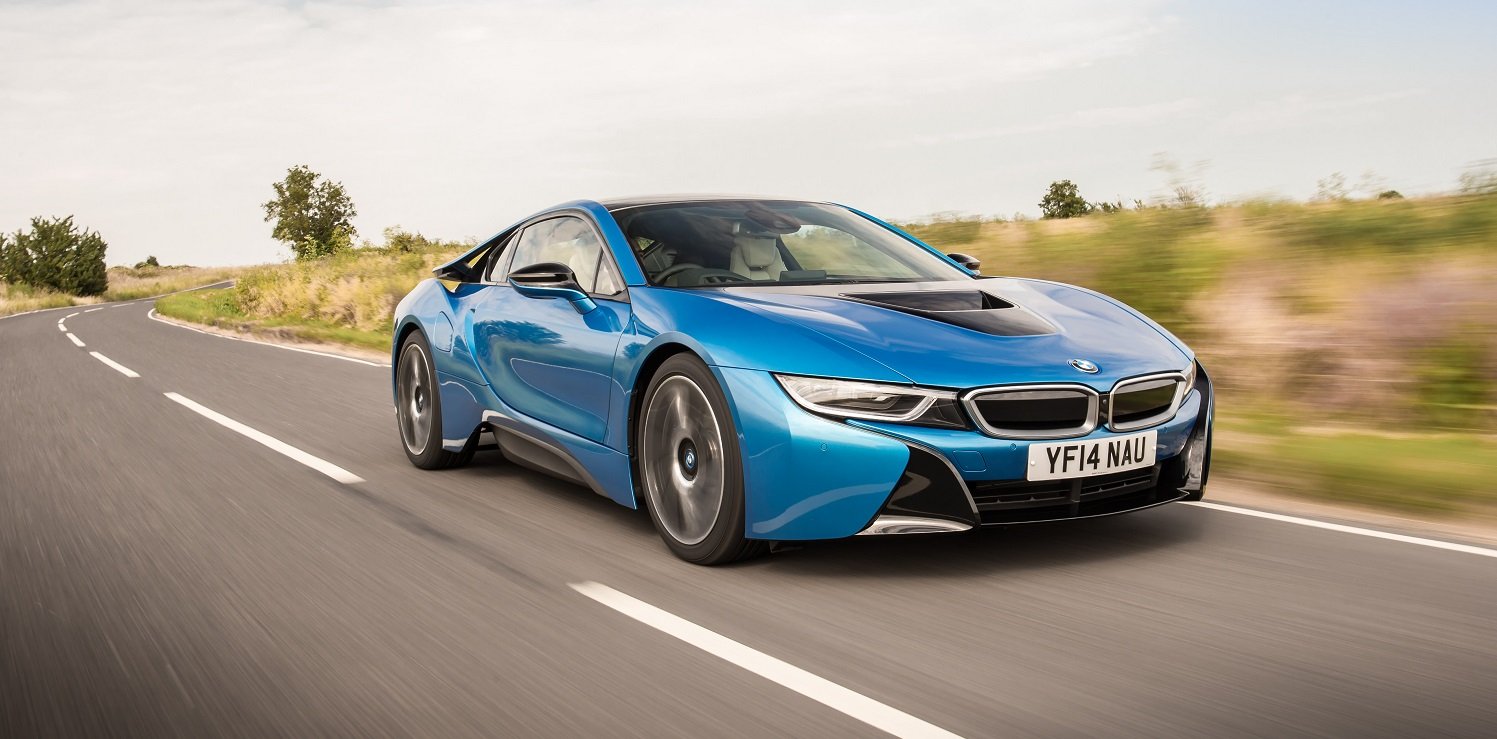
You have no doubt heard the term electric vehicle, which most people would assume means it is pure electric, without a drop of fuel in sight.
You'd be right, but those pesky car manufacturers have muddied the waters somewhat with blink-and-you'll-miss-it terms like “electrified” that are deliberately vague.
An electrified vehicle is essentially a catch-all term that refers to any car with some form of electric power. It is an especially useful term if the manufacturer actually doesn't have any all-electric cars to shout about, but rather a lot of hybrids.
“Check out our range of hybrids that rely entirely on petrol” somehow doesn't quite cut it when you're trying to show just how progressive your company is. Sneak in the word "electrified" though and you're in business.
Electrified includes things like all-electric, plug-in hybrid, hybrid, mild hybrid and yes even the dreaded self-charging hybrid.
We explain what these terms mean below, but the key takeaway is that electrified does not mean fully electric – it just has electric bits in there like a battery or electric motor. Sometimes referred to as EVs, pure electric, fully electric or simply just electric, all-electric cars do what they say on the tin (or carbon fibre). They are cars that are all electric and must be plugged in to a power source to recharge the battery. All-electric cars can also recharge their batteries when slowing down – this is called regenerative braking. Well-known examples of electric vehicles include the Nissan Leaf, Renault Zoe, Tesla Model 3, and MG ZS EV. The battery size (measured in kWh) determines how much electricity can be stored to power the electric motors which drive the wheels. The bigger the battery, the more energy that can be stored and generally the further electric vehicles can drive on one charge. Typically, all-electric cars have much bigger battery sizes than their plug-in hybrid counterparts. Battery sizes on electric vehicles generally range between 50kWh and 90kWh, though you can find electric vehicles with much smaller and much bigger batteries. Obviously, car size, weight, power and efficiency all affect the range just like in a petrol car. However, an electric vehicle with a 50kWh battery is typically going to offer between 200 and 250 miles of range. Larger 100kWh batteries can offer in excess of 300 miles and close to 400 miles in some cases. Hybrid vs electric throws up some varying terminology, and it's difficult to separate the different types of hybrid cars available. Hybrid and electric cars are a relatively new addition to the market, and as hybrid electric vehicles become more popular, as well as pure electric vehicles, the terms will become a lot easier – after all, we've had decades of petrol or diesel car terminology to get to grips with! Hybrid vehicles use regeneration to recharge their battery power. Rather than braking by friction and converting that kinetic energy into wasted heat via the braking system, hybrid cars use it run a generator to recharge the battery pack. They can also use the internal combustion engine to charge the battery pack directly. Self-charging or mild hybrids are most effective in stop-start driving, as the energy recuperation kicks in often. However, self charging hybrids can only travel a small distance on battery power alone and these hybrid models still have tailpipe emissions just like conventional internal combustion engines. A good example of this kind of car is the Toyota Prius. Self-charging hybrid cars is largely a marketing term used by Lexus and Toyota. Essentially it's a term to differentiate between plug in hybrid cars and those without the option to plug them in. A mild hybrid is a wider-used term for the above – so it's petrol or diesel internal combustion engine with a battery pack that's regenerated by the petrol or diesel engine – that means tailpipe emissions. Some mild hybrid vehicles will allow the car to coast with the engine off for up to 40 seconds, as well as start the internal combustion engine back up to improve the vehicle's driving dynamics or improve the start-stop process. As the name suggests, a plug-in hybrid vehicle can be plugged in to charge the battery. Like a hybrid, it still combines a petrol or diesel engine with a battery and electric motors. However, plug in hybrids used much larger battery pack than a normal hybrid so they drive much further on electric power alone. You can usually manually select a mode, such as electric power only, combustion engine power only, hybrid mode, or even "e-hold" mode which reserves the electric power for later use. A typical plug-in hybrid car, sometimes referred to as a PHEV, has a 14kWh battery size with a range of 20 miles and above. As their popularity increases, so do the battery sizes and pure electric range, but they are still much smaller than the average all-electric vehicle which is usually around 50kWh and higher. PHEVs, like the Mitsubishi Outlander or the BMW 330e, are a great option for those who aren't ready to take the all-electric plunge just yet, as they offer the benefits of pure electric driving and charging at home with the flexibility and “comfort blanket” of a traditional petrol engine. A range extender hybrid vehicle differs to plug in hybrid vehicles in that the combustion engine is the supplementary power unit to the electric motor. Essentially, it is used to add extra range to an electric vehicle. Electric cars have come a long way in terms of range (pun intentional!), which means that you're unlikely to see private electric cars with this technology. However, you'll be more likely to see range-extender electric cars in public transport, such as the LEVC London taxi. The technology allows the vehicle to run in electric mode in urban environments due to the start-stop nature of travel, allowing the electric car batteries to be topped up through regenerative braking. Such a fully electric vehicle will only turn to internal combustion engine power when the batteries are at a low level. The terminology regarding hybrid vs electric cars can be very confusing – but it must be remembered that hybrid and electric cars are a relatively new addition to the motoring landscape. It's partly down to the changing technology and genuine differences between something like a plug-in hybrid (or PHEV) and a normal hybrid. Plug in hybrids are proving popular as they confer the benefits of fully electric cars in built-up areas while allowing the range of diesel cars or a gasoline powered engine. Plus, different carmakers have subtly different ways of saying the same thing when it comes to hybrid cars. Then throw in a bunch of marketing bods who want to do away with technical jargon about hybrid cars by inventing their own jargon for their own hybrid car and you arrive at the situation we have today: lots of clever terms related to electric cars that don't mean much to a whole lot of people. We are going to perch just nicely on this fence because it really comes down to personal choice and circumstance. Hybrid vs electric is an emotive subject, after all –so should you go for an electric motor, conventional hybrid or plug-in hybrid car? If you're looking for some guidance, it largely boils down to this… The driving experience is wonderful, the range on modern fully electric vehicles is terrific, it's easy and convenient to “refuel” at home, plus the public infrastructure is very decent now albeit not perfect, and running costs are lower. EV drivers also benefit from lower company car tax than a hybrid car, and there are fewer maintenance costs. You also have zero tailpipe emissions with an electric motor. Prospective EV owners can browse home EV charge points or compare car chargers side by side. Weighing up hybrid vs electric cars has never been easier! A plug-in hybrid car has many of the benefits of an electric car, such as being able to plug it in, low running costs (if you can use electric power alone regularly), but also offers the flexibility of a petrol engine. Company car drivers still benefit from a big range, an won't have to alter their driving habits from conventional cars too much. Even if you can't charge at home, it can still operate like a normal hybrid with the battery and electric motor assisting the petrol engine when it can. A plug-in hybrid is also a great way to “road test” the electric car lifestyle as you can charge it at home and get a feel for driving on pure electric power, and a way to understand the use of a charging point. Many all-electric car owners have owned a plug-in hybrid previously and enjoyed the all-electric element so much they wanted to get the full experience. Plus, there are lots of plug in hybrids in the UK to choose from. Getting a taste of an electrified car has never been easier! When it comes down to hybrid vs electric cars, analyse just how you're going to be using your car. We struggle to recommend a normal hybrid vehicle. Yes, the hybrid element obviously helps with lower running costs and better fuel economy than traditional petrol engines or diesels, but you lose all the benefits of being able to “plug in”. What hybrid cars offer now is not quite as useful as when the first cars appeared many years ago, as plug in hybrids and electric cars have moved the game on.What is an all-electric car?
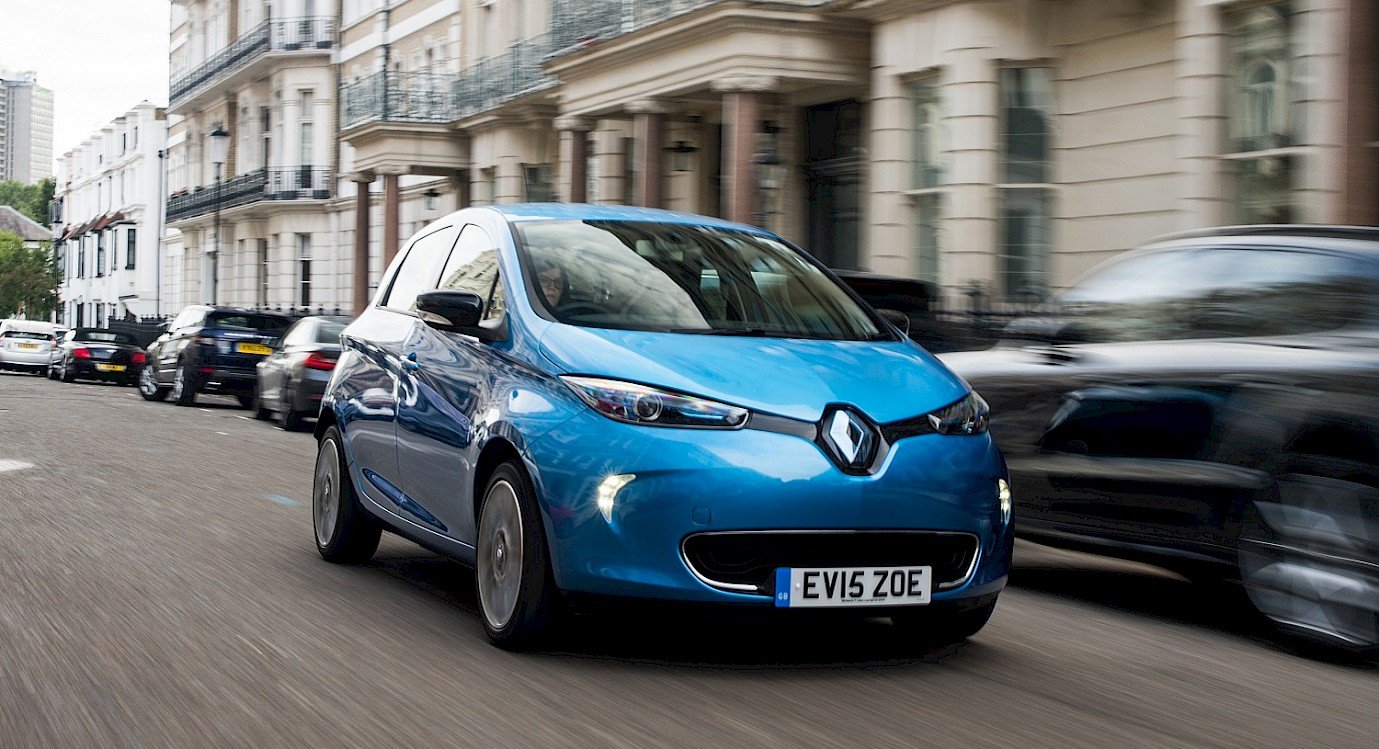
What is a hybrid vehicle?
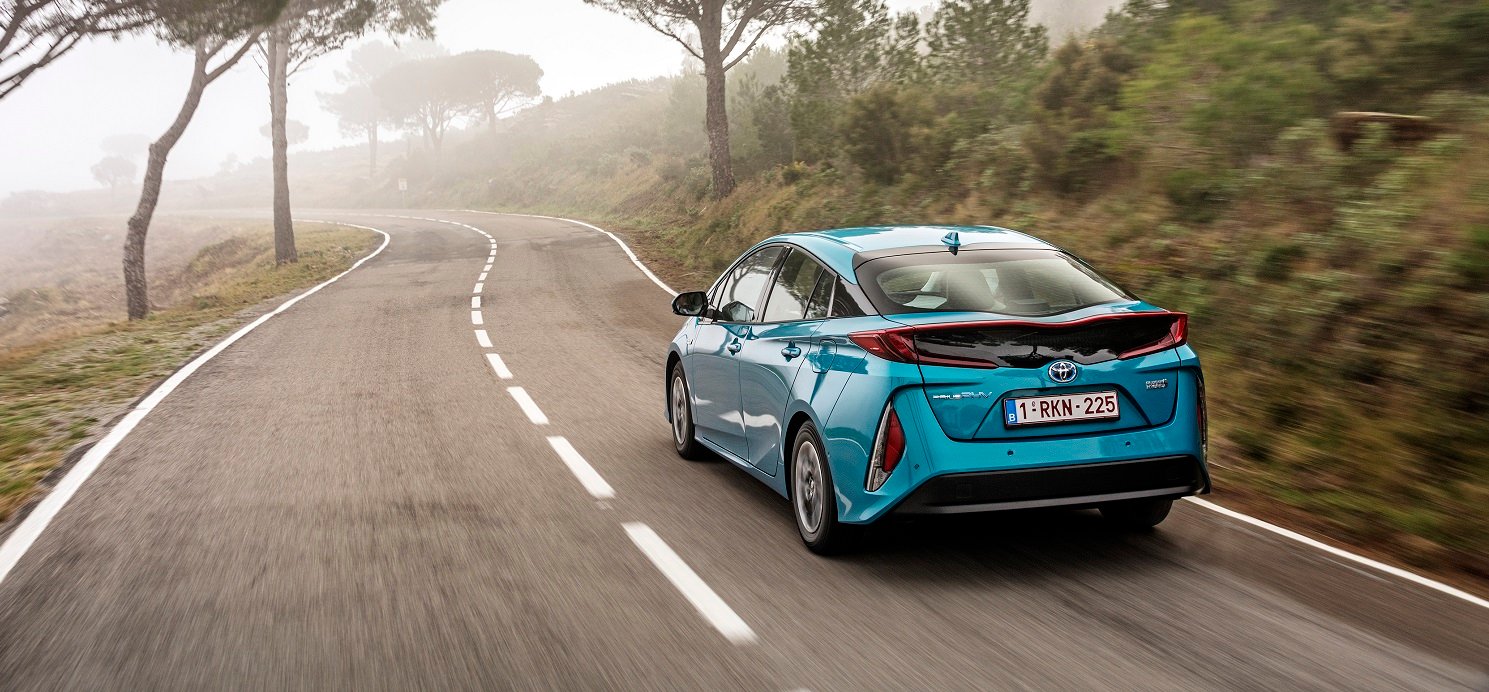
What is a self-charging hybrid car?
What is a mild hybrid?
What is a plug-in hybrid vehicle?
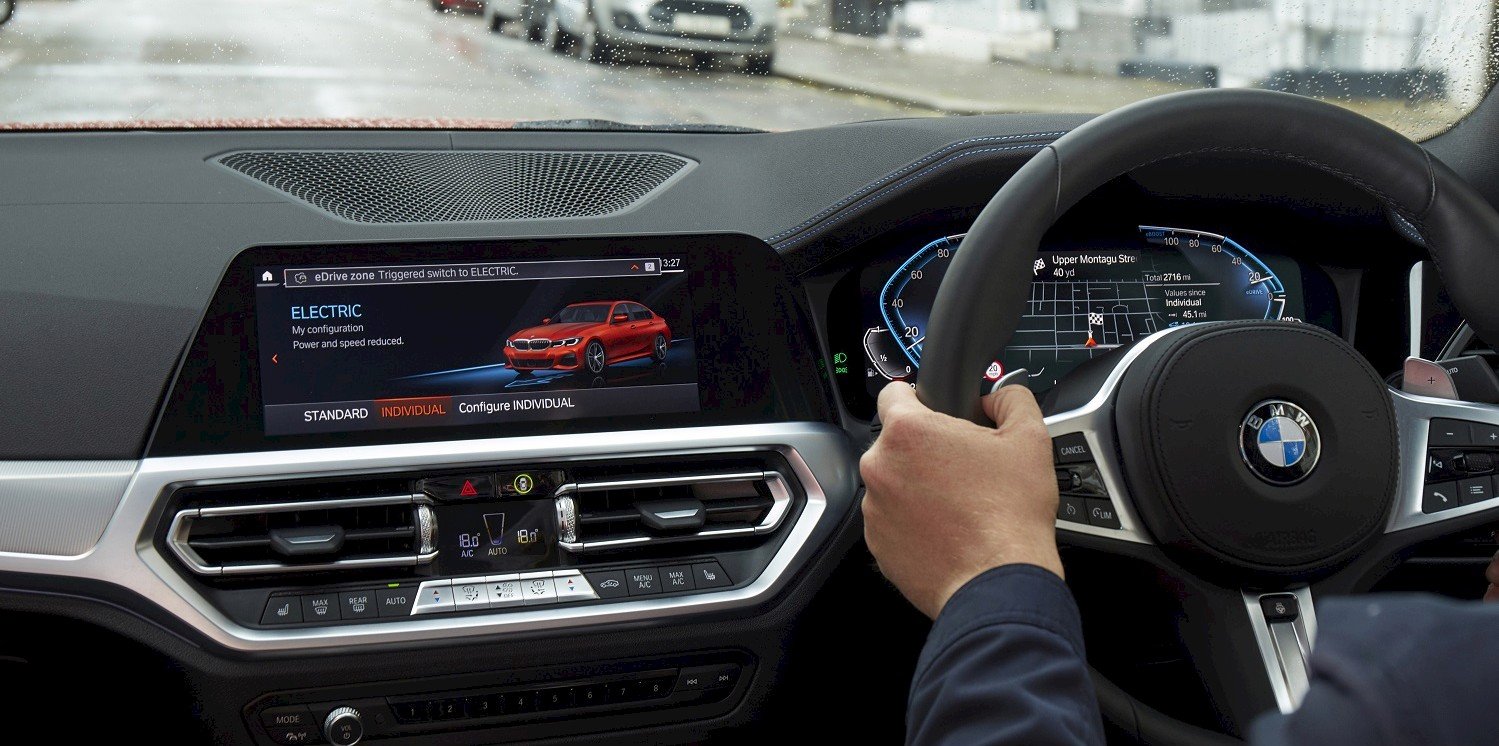
What is a range extender hybrid and how do they differ from plug in hybrids?
Why is there so much jargon surrounding “electrified” vehicles?
Should I get a plug-in hybrid, hybrid or all-electric car?
If you can charge at home, get an all-electric car.
If you can’t charge at home or you can but still nervous about all-electric, then get a plug-in hybrid car.
What about hybrids?


